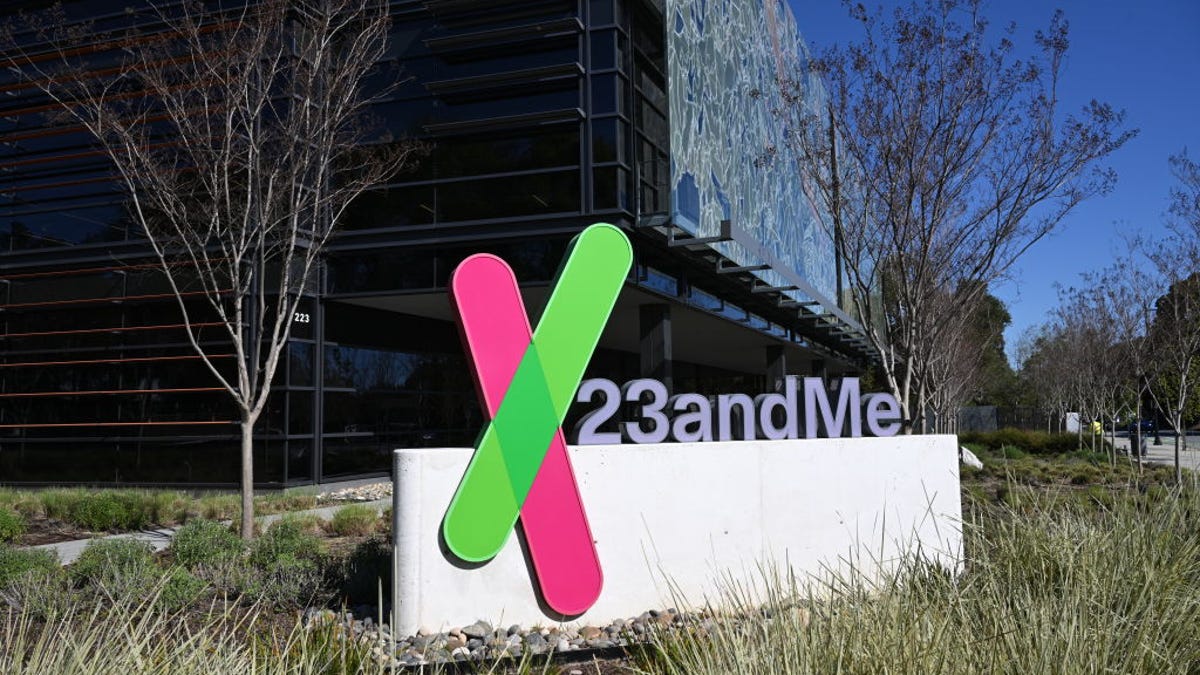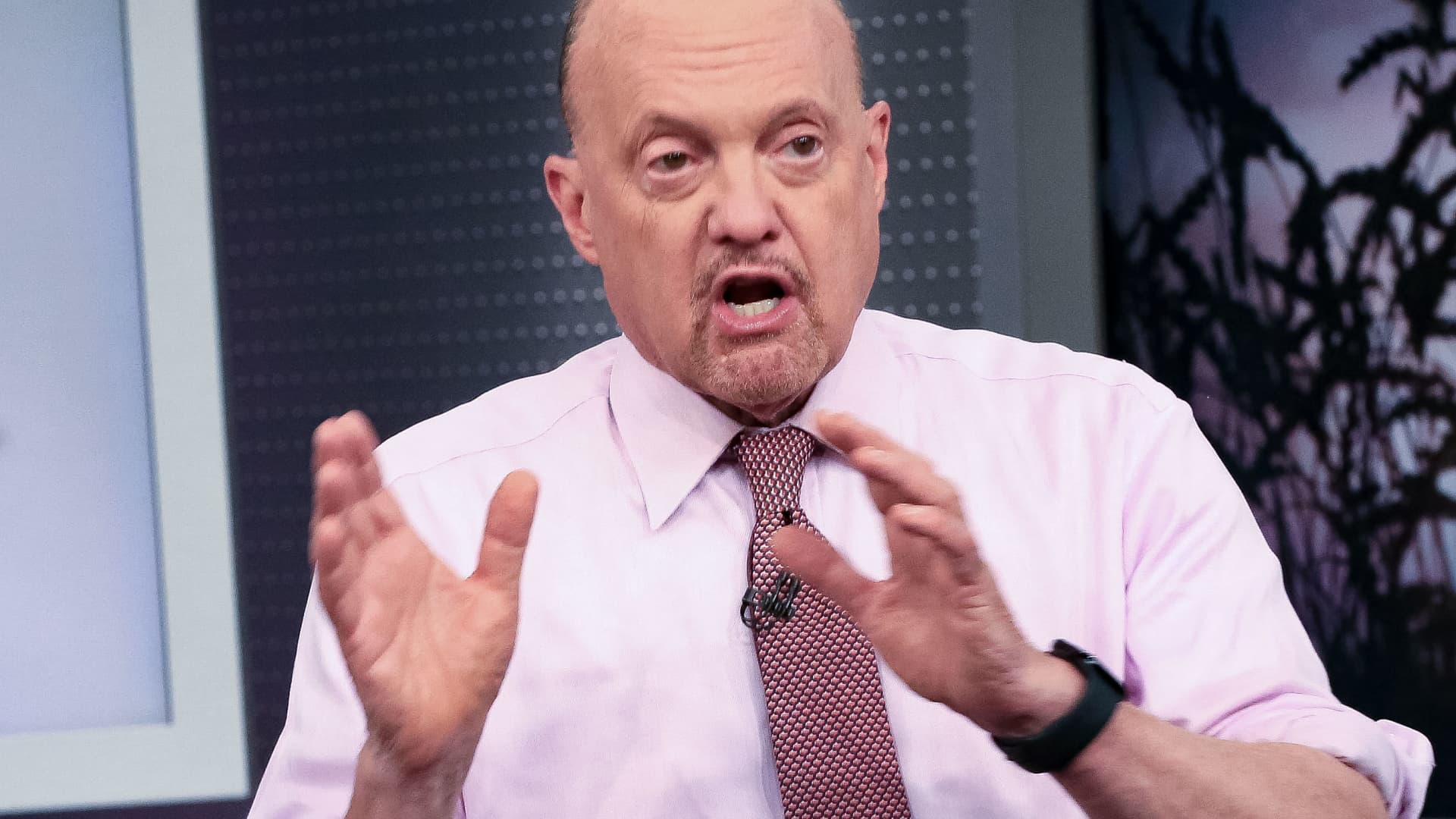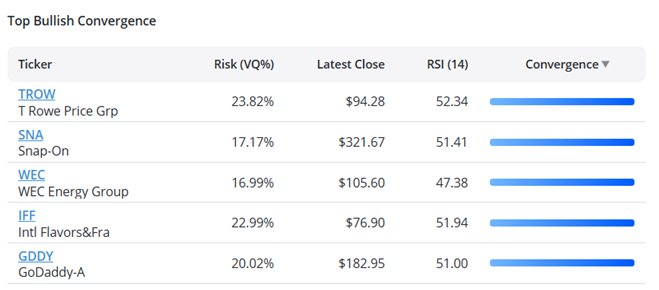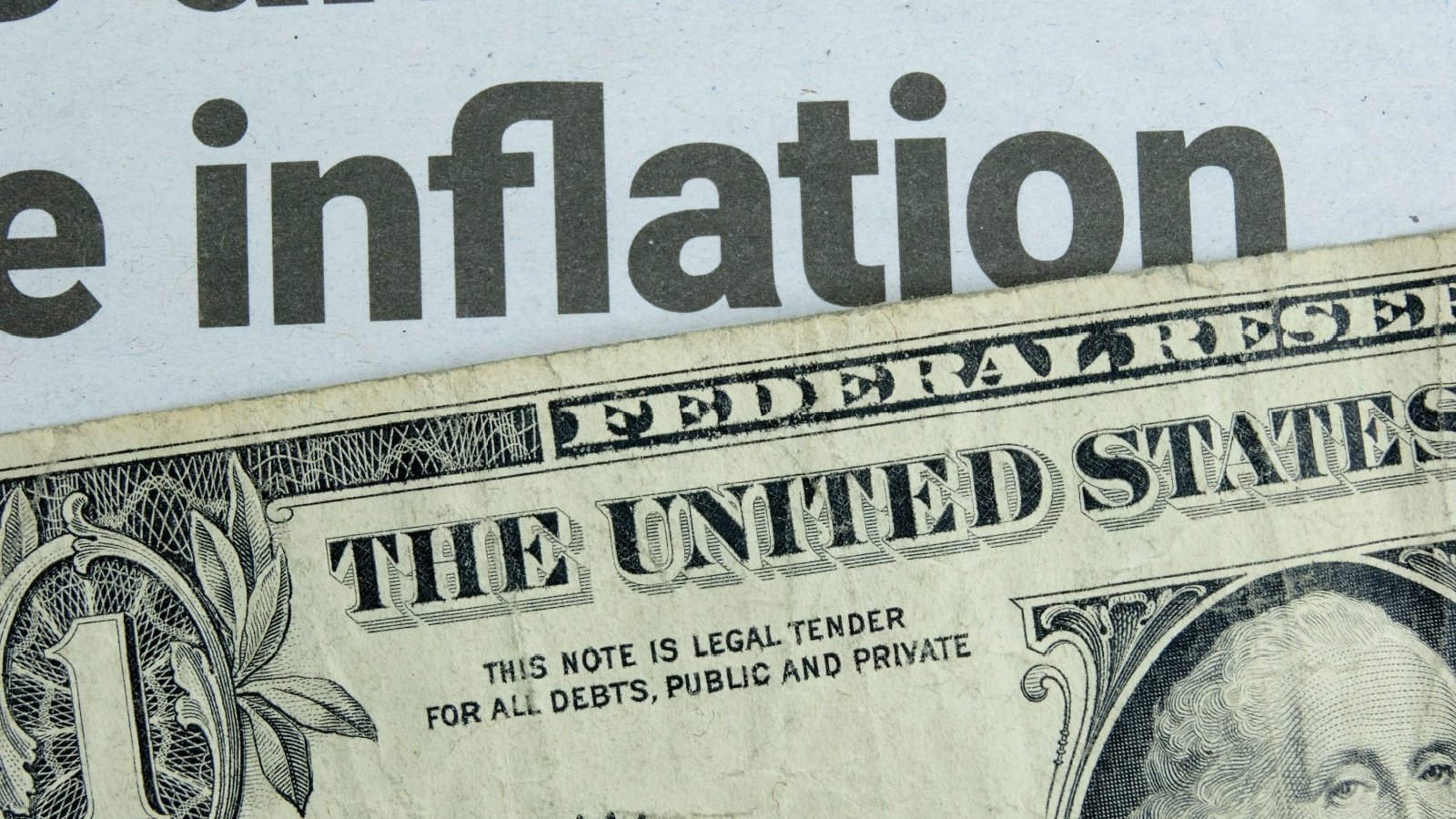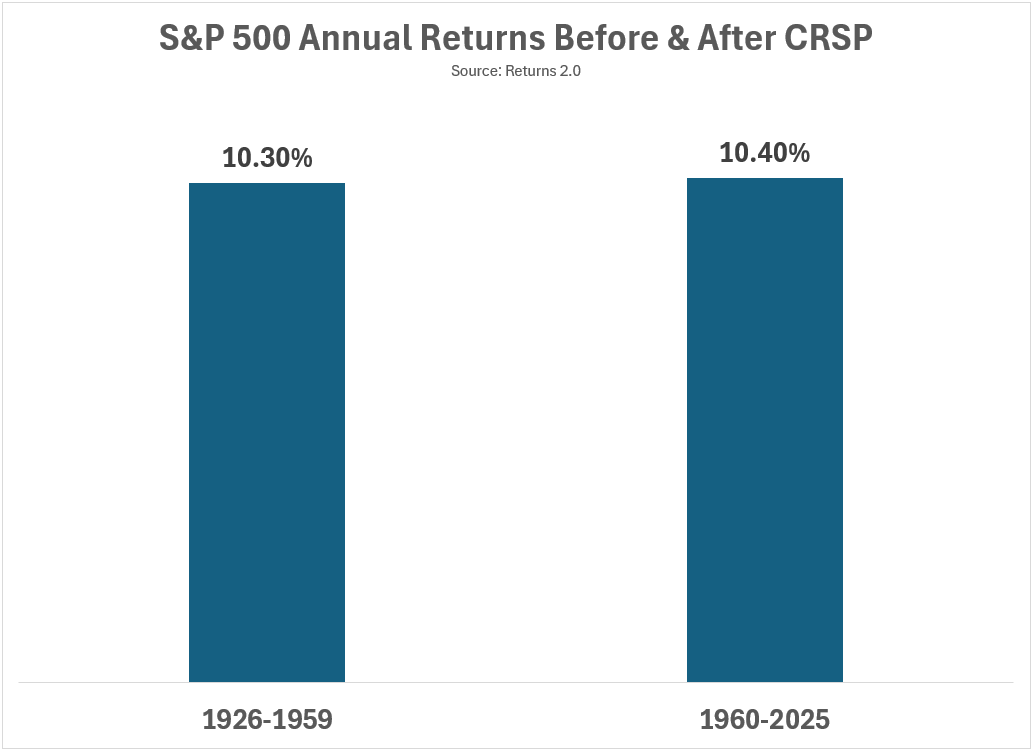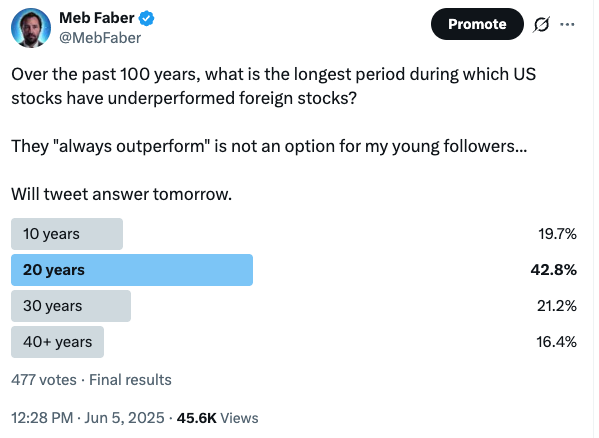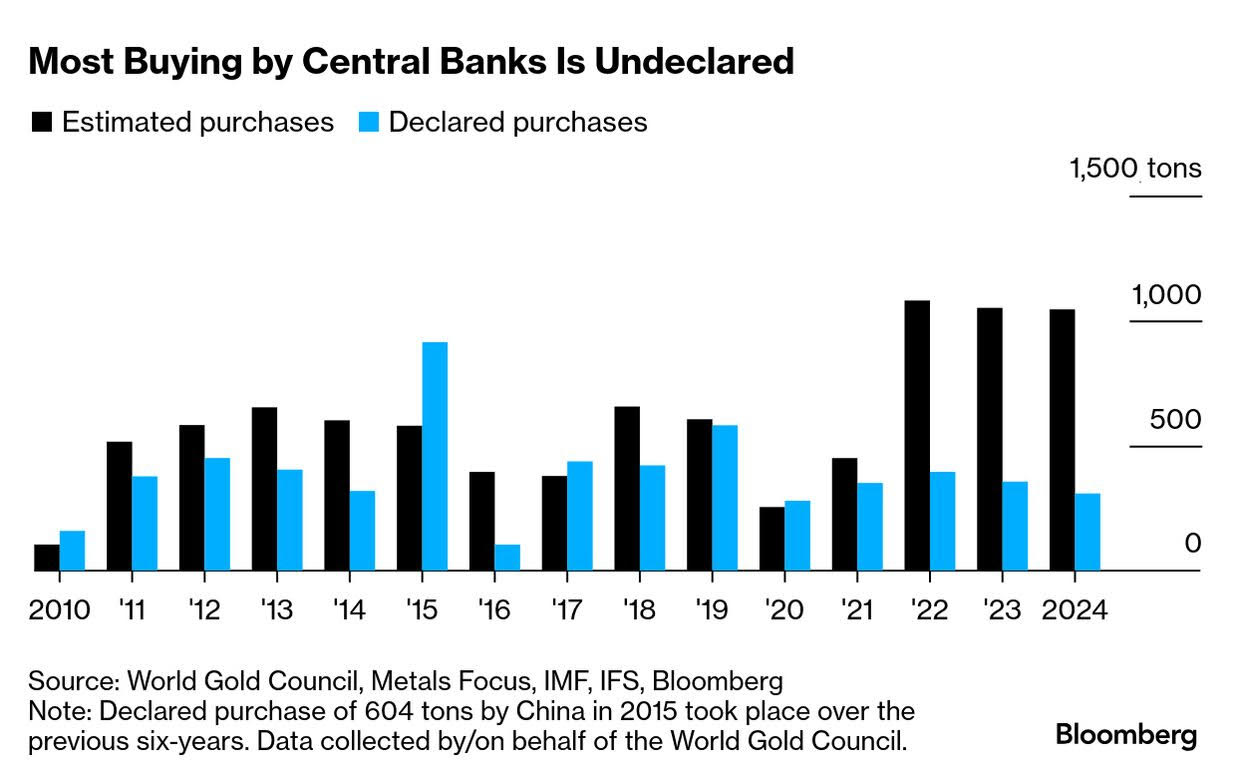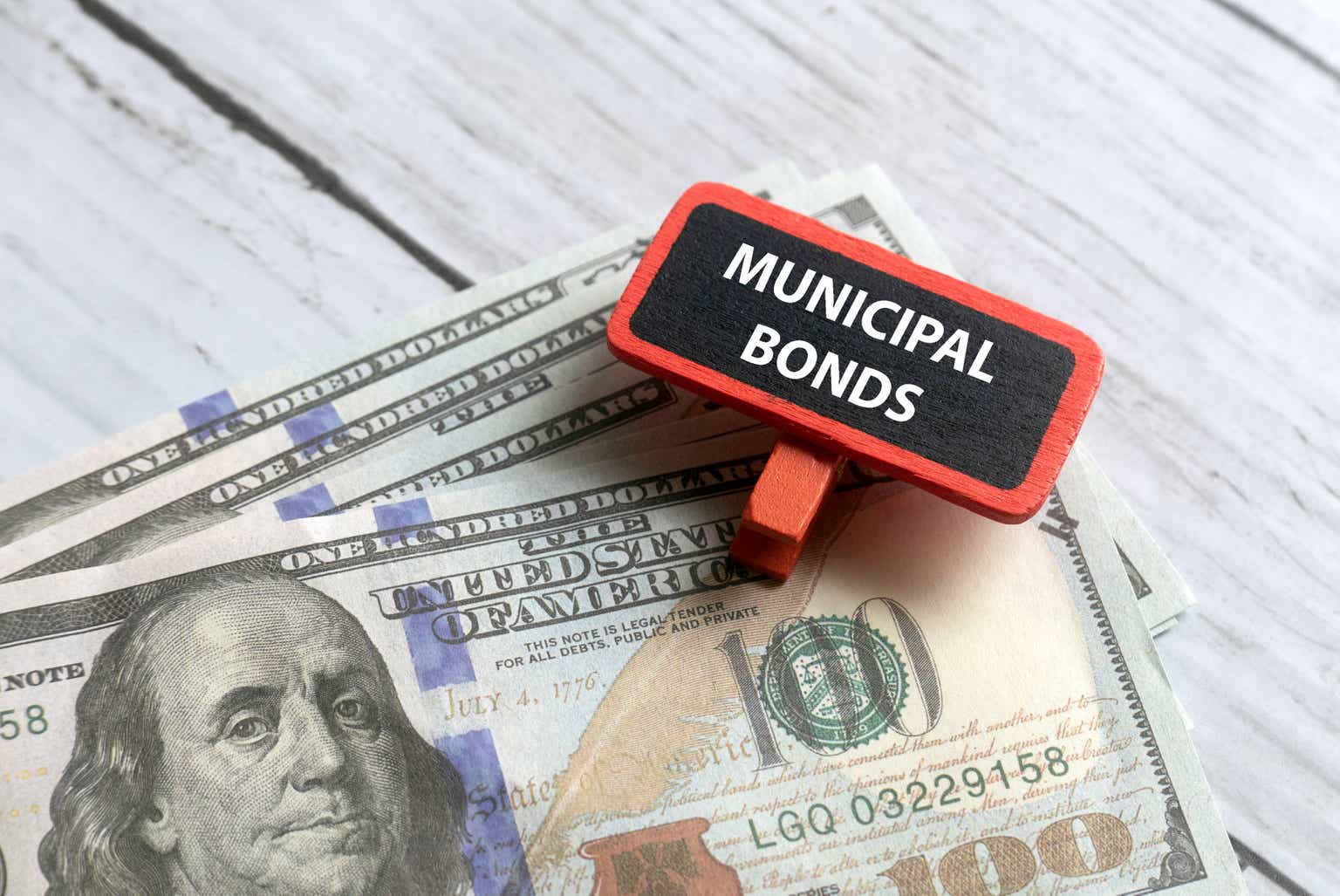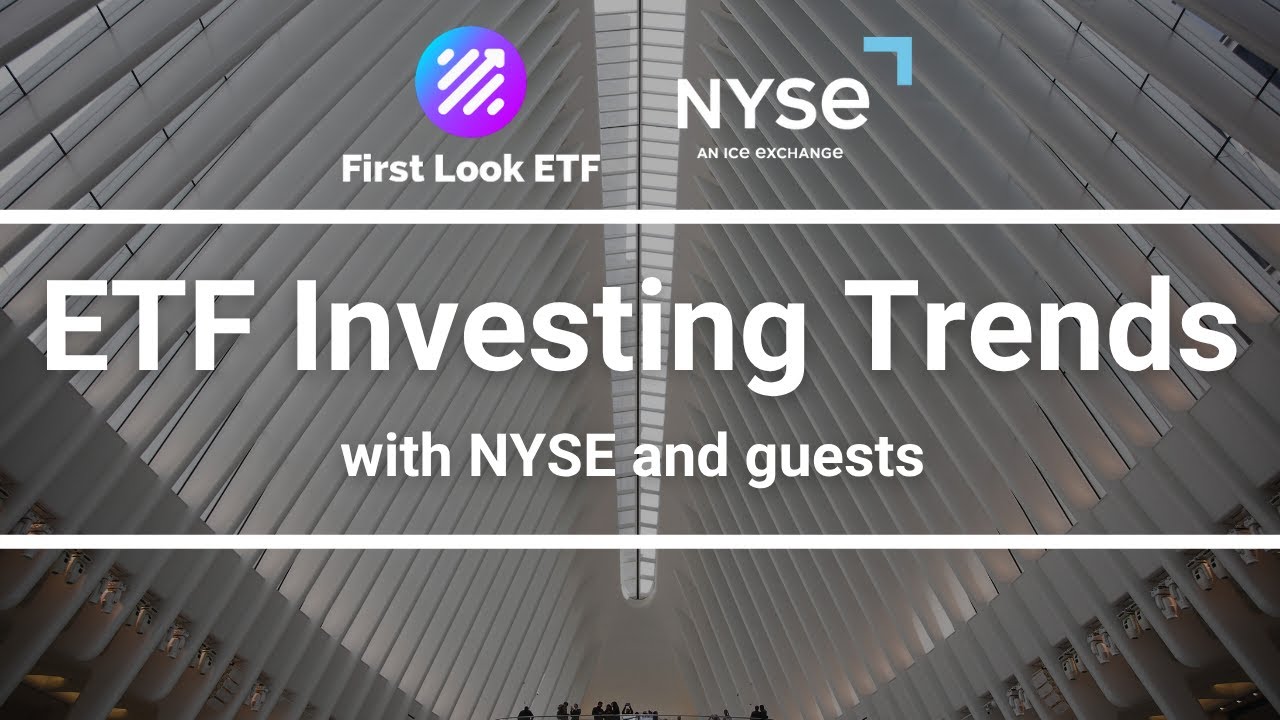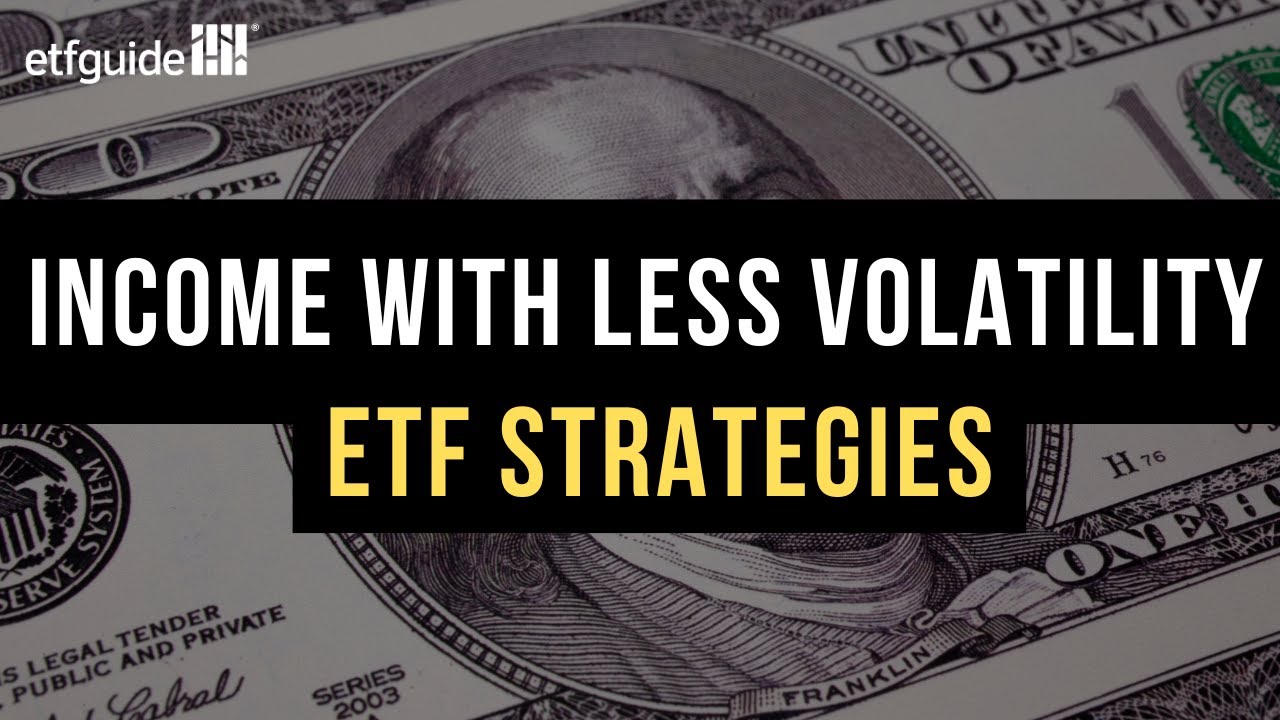With $850,000 saved and a $500,000 income, we want to retire in the near future – should we shift to dividend stocks?
A couple in their mid-30s with a $500K combined annual income is interested in retiring in around 15 years. As the husband said on Reddit, the couple has $850K in assets right now, and their goal is to have $5.3 million when the time comes for retirement. The husband posted on Reddit because he’s thinking […] The post With $850,000 saved and a $500,000 income, we want to retire in the near future – should we shift to dividend stocks? appeared first on 24/7 Wall St..

Key Points
-
A Reddit user is thinking about investing a lot of money in dividend stocks.
-
He wants to retire early and thinks that this may be a more conservative strategy.
-
Other posters warned that it’s entirely possible companies could cut their dividend payments.
-
Are you ahead, or behind on retirement? SmartAsset’s free tool can match you with a financial advisor in minutes to help you answer that today. Each advisor has been carefully vetted, and must act in your best interests. Don’t waste another minute; get started by clicking here.(Sponsor)
A couple in their mid-30s with a $500K combined annual income is interested in retiring in around 15 years. As the husband said on Reddit, the couple has $850K in assets right now, and their goal is to have $5.3 million when the time comes for retirement.
The husband posted on Reddit because he’s thinking about planning for a dividend-heavy portfolio, but he wants to know the upsides and the downsides to help him decide if this strategy is right for him.
Reddit user wonders: Is a dividend-heavy portfolio the way to go for an early retirement?
The original poster (OP) explained in his Reddit thread that he read several posts about dividend stocks offering 2% to 6% yields. Although the poster knows that the market should typically provide a 7% average annual return over the long haul, he’s considering switching most of his portfolio to dividend stocks in the few years leading up to retirement and during his retirement because he thinks that may be a more conservative approach.
His goal is to retire with $5.3 million and follow the 4% rule for withdrawals, which he said should allow him to continue his current $142K in annual spending. He looked at a number of dividend stocks on a list he found that have relatively flat growth, with stock prices declining in some cases, but he’s attracted to the stocks anyway because they pay a steady dividend each year.
He believes that an investing plan focused on these stocks will provide him more stability and would be similar to investing in CDs, but simply getting a higher return than CDs could offer.
So, are dividend stocks the right way to go?
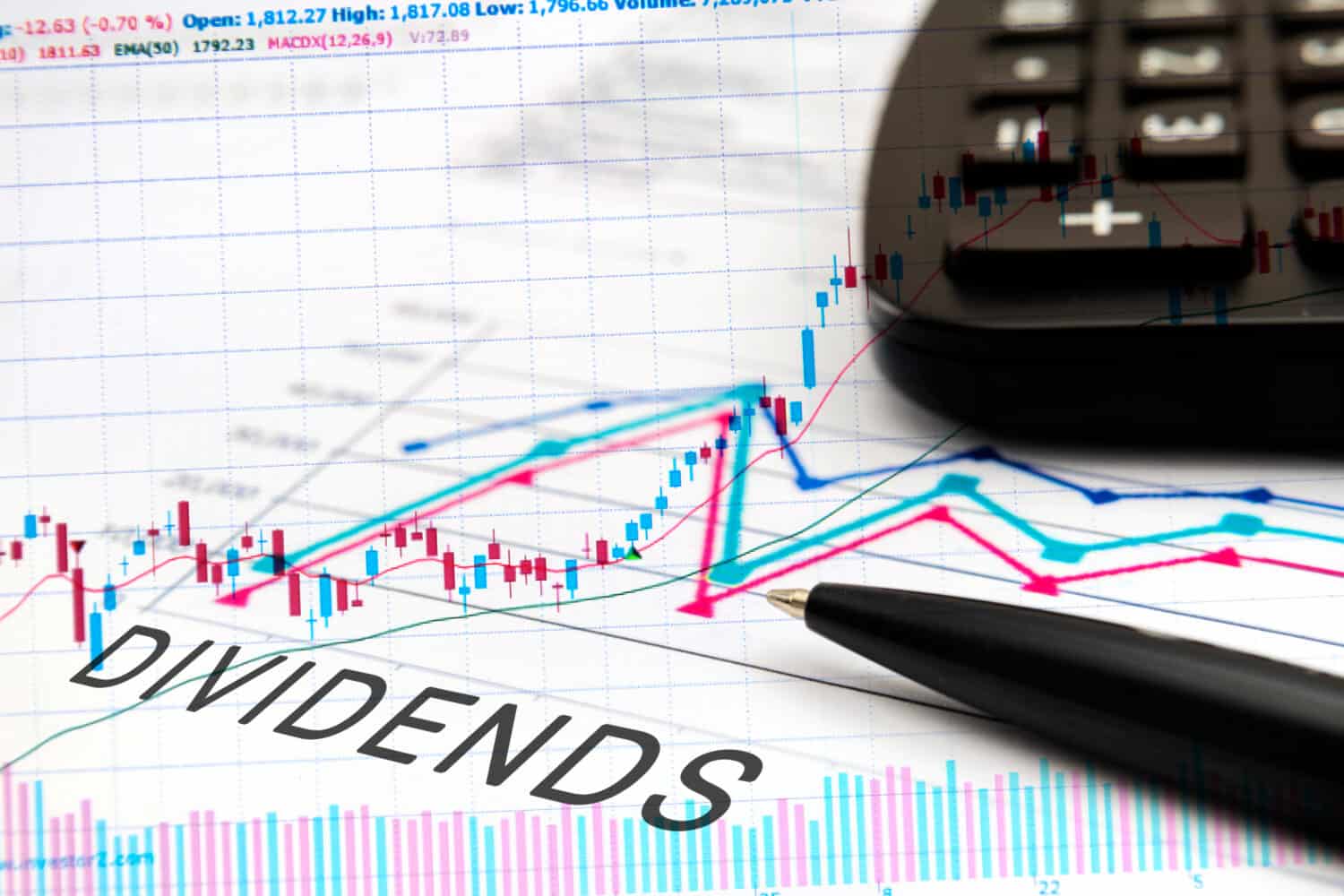
While there are many dividend stocks that have provided reliable income over the long term, a number of Reddit users pointed out that buying a stock that’s paying a certain dividend is not necessarily a risk-free strategy because the company could reduce the amount it pays.
There’s no guarantee that the dividend will remain and no real reason that banking on companies to continue to pay high dividends — even admist slow growth — is somehow safer than investing in an S&P 500 index fund when the S&P has consistently produced 10% average annual returns over the long haul.
Rather than putting all of his eggs in the dividend stock basket, the OP should consider a diversified portfolio with a mix of different kinds of assets and an asset allocation appropriate to his desired retirement timeline. Since the OP is a conservative investor who wants reassurance and isn’t exactly certain what to invest in, it could also benefit him to work with a financial advisor.
An advisor can help the OP to understand the pros and cons of focusing on dividend stocks versus other investing strategies and can work with the OP to make a comprehensive investing plan that helps him get to his desired retirement goal in 15 years’ time.
The post With $850,000 saved and a $500,000 income, we want to retire in the near future – should we shift to dividend stocks? appeared first on 24/7 Wall St..



























